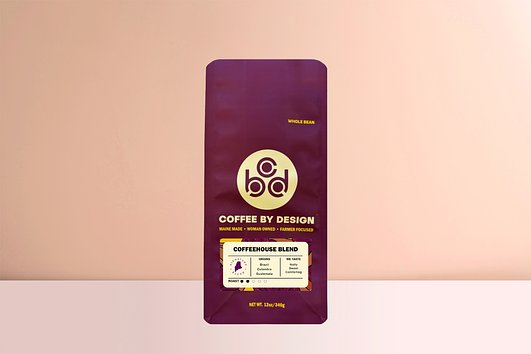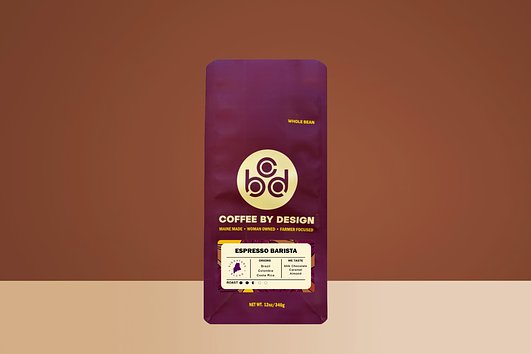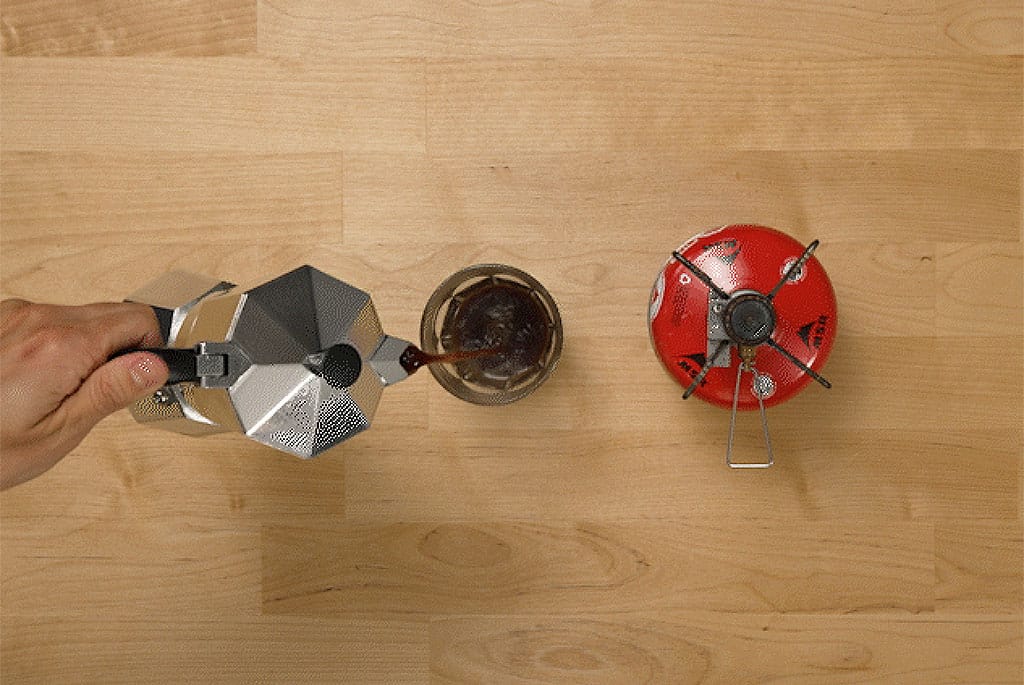How Much Caffeine Is in a Cup of Coffee?
Matthew Berk
• March 30, 2021 — last updated July 26, 2021
We know that all coffee has caffeine. But exactly how much caffeine is in a standard cup of regular coffee, and which coffee has the most caffeine?
The answer isn't so cut and dried, as there are a few factors that contribute to the caffeine content in a single cup. Here, we answer all of your questions about caffeine in coffee.
Which Coffee Has the Most Caffeine?
Yes, the type of roast you use can impact how much caffeine you consume. But there are a few factors that determine which type of coffee has the most caffeine.
Caffeine in Coffee: 4 Contributing Factors
1. Bean Type Matters, But Not A Ton
Arabica, which is the standard species of coffee plant, and far more prized as a source of quality coffee, typically has about 5 percent caffeine content. Among different arabica varietals, though, there are minor variations based on origin. Robusta beans, however, generally feature 2.4 percent caffeine. That said, robusta beans are generally known as tasting tar-like, which accounts for their use in low-quality, low-cost supermarket coffees.
2. Roasting Differences Help a Bit
Lighter roasted coffees have slightly more caffeine for two reasons. First, less roasting tends to preserve the compound untouched. The longer the roast, the more chemical transformation in the beans, including loss of caffeine. Second—and this is an odd point, because most of us measure our coffee by volume and not by weight when brewing—lighter roasted beans are denser, and therefore pack more bean per unit volume than darker roasts, which are far less dense.
3. The Brewing is All
Assuming you don't enjoy the taste of super-light roasted robusta beans, the best way to up your caffeine game is to think about how you brew (and how much you drink, of course). While espresso drinks have more caffeine per fluid ounce (80 milligrams in a 2-ounce serving), drip coffee has a standard unit of consumption (the "cup" versus the "shot") that's much greater (for example, a standard 12 ounce cup). So even though there's less caffeine in each ounce of brewed coffee, we generally end up drinking more of it.
4. Your Body Has Final Say
Everyone has a unique metabolism, so the physiological effects of caffeine vary by person and their current caffeine habits and tolerance. (This is why some people can drink a cup of coffee and go back to bed). Caffeine absorption also varies by the contents of your stomach; specifically, fats like those from the milk you might add to your brew are known to inhibit caffeine absorption. If you just want to up your caffeine consumption and skip the real complexities, we recommend simply drinking more coffee (by volume and variety).
Caffeine in Coffee: Numbers by Coffee Type
All of this said, here are some general estimates (in most cases, per 8-ounce cup of coffee):
Drip Coffee
An 8-ounce cup of coffee made from a drip coffee maker contains about 95 milligrams of caffeine.
Instant Coffee
Instant coffee has about 62 milligrams in an 8-ounce cup.
French Press
A French press will yield between 80 and 100 milligrams of caffeine per cup.
AeroPress
An AeroPress will get you anywhere between 50 to 70 milligrams of caffeine per cup.
Cold Brew
There's roughly between 153 to 238 milligrams of caffeine per 12-ounce cup of cold brew.
Espresso
Espresso isn't quite as strong as coffee in terms of caffeine. One shot of espresso has about 80 milligrams.
Decaf Coffee
Yes, even decaf coffee has a little caffeine (up to 7 milligrams).
Caffeine in Coffee vs. Tea
Coffee contains more caffeine than tea. However, tea leaves contain more caffeine than coffee beans; the brewing process just doesn't extract as much from the tea leaves as it does from coffee beans.
"The difference in the amount of caffeine found in tea versus that found in coffee ranges greatly from minimal to significant," explains Lisa Richards, nutritionist and author of The Candida Diet. "A regular 8 ounce cup of coffee contains approximately 95 mg of caffeine while teas can range from 20 to 85 mg of caffeine, depending on the type."
Caffeine in Tea: Which Tea Has the Most Caffeine?
Black tea and matcha have the greatest amount of caffeine. Traditional tea from black tea leaves provides the highest amount of caffeine in tea. Matcha, a powder made from green tea leaves, contains the highest amount in non-traditional tea forms. The caffeine in tea, especially green tea and matcha, is also said to be more long-lasting.
We want to help you make better coffee at home. Our recommendations are our own, and never sponsored. If you see something you love and buy it through our links, we may receive an affiliate commission (thanks for that!).







